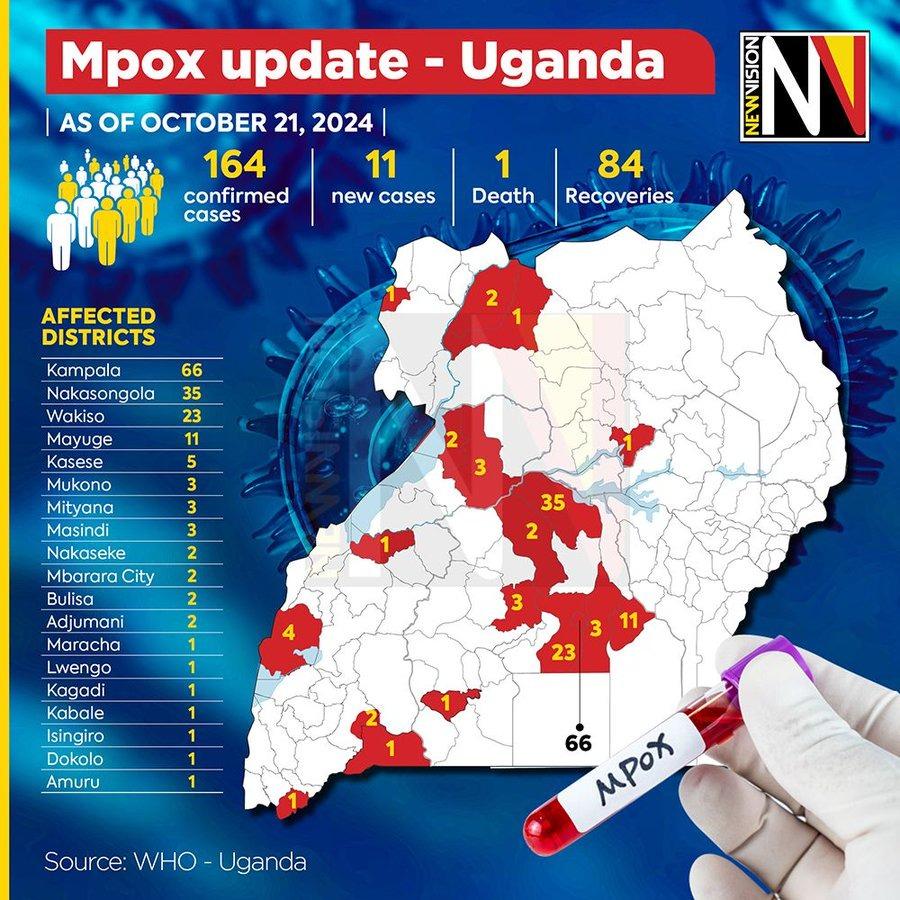Coronavirus Disease 2019 (COVID-19) and the mitigation measures taken to limit its spread have significantly disrupted other essential health services in Africa. This disruption has threatened the control of major high-burden diseases such as HIV, tuberculosis (TB), and malaria as well as the prevention of maternal and child mortality.
While the 2020 WHO global reports for HIV, TB, and malaria show progress in control of these diseases in African countries, there are still significant gaps in meeting the global targets. Similarly, modeling studies predict that most African countries are unlikely to meet the Sustainable Development Goals (SDGs) 2030 targets for reductions in maternal and child mortality under the current rate of progress.
Prediction models and emerging empirical data indicate that the implemented mitigation measures against COVID-19 such as travel restrictions and lockdowns as well as the repurposing of health resources and suspension of prevention programs such as immunizations will lead to an increase in new infections and deaths, significantly reversing the gains achieved in the control of these health challenges.
A more comprehensive COVID-19 response that minimizes indirect deaths is therefore warranted in Africa. These include implementing WHO recommendations that limit contact with the clinic where possible, such as multimonths drug dispensing, self-testing, virtual platforms for case management, community- and home-based prevention, and care services such as home distribution of test kits, vaccines, treatment, and mosquito nets.
This is in addition to ensuring effective implementation of COVID-19 infection prevention and control measures in healthcare facilities including providing healthcare workers with personal protective equipment and prioritizing them for COVID-19 immunization.
There is also a need to incorporate aggressive recovery plans to reverse the lost gains in disease control efforts and put African countries back on course toward achieving the global targets. This includes leveraging on the wider COVID-19 response enablements such as the increased political will and global solidarity funding efforts to support a more comprehensive response that accounts for the indirect public health effects of the pandemic.
Read full paper here .


